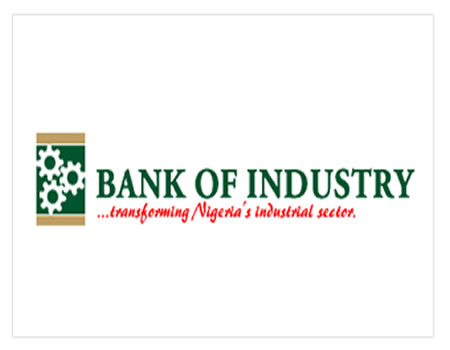Nigeria must put in measures to boost its production capacity to attain its targeted one trillion-dollar economy by 2026.
This call by the Bank of Industry was made at the weekend at the annual workshop of Finance Correspondents Association of Nigeria (FICAN) with the theme “ Nigeria’s Journey Towards $1 Trillion Economy: Impact of Bank’s Recapitalization, Opportunities for Fintechs, Real Sector”
The divisional head, Services, Bank of Industry, Dr. Isa Omagu said over the years, lack of production has been a major challenge for the economy and in addressing this challenge, there was the need for more support from all stakeholders.
Omagu said “we are not producing enough, and we cannot continue to consume imported goods and expect the economy to be robust. If we continue to invest in agriculture, infrastructure and services to a reasonable extent, this will drive production that will minimize importation into the country, and the pressure on our forex will go down.”
On government interventions in the last six months, Omagu said that “from BoI as a government institution, one of the things we are doing in boosting production is by supporting Small and Medium-Scale Enterprises.”
According to him, if we continue to support them in production, it will reduce pressure on importation as this will boost backward integration and there will be reduction in the importion of some of the raw materials used for production.
“There is a N200 billion Naira integration fund, N50 billion grant for SMEs in the rural areas and currently, we have disbursed up to 98 per cent of the money; N50,000 per beneficiary.
Then there is N5 billion for SMEs, it is a loan payable over a long period of time, and it is at a single rate.
This is supposed to help SMEs to access funding, which is always a very key condition that you have when they are trying to do business.
There is a fund for one million SMEs and another one for large enterprises who are into manufacturing. The Funds are given at a single digit rate, up to seven years period, which will enable them to bring in equipment to be able to do their business.
Hopefully, all these initiatives will grow employment, minimize import dependency and we will be able to produce for export.”
He also emphasised on the need for both the monetary and fiscal authorities in Nigeria to work together to put the economy on the growth trajectory.
“While the monetary side is trying to stabilize prices which is their primary mandate, we also need the fiscal side on the issue of governance to come in”, he stated.
The FICAN 2024 annual conference brought together key players in the financial sector and provided an opportunity for in-depth discussions on the future of Nigeria’s economy, the role of banks, and the opportunities for fintechs to drive inclusive growth.


Comments are closed.